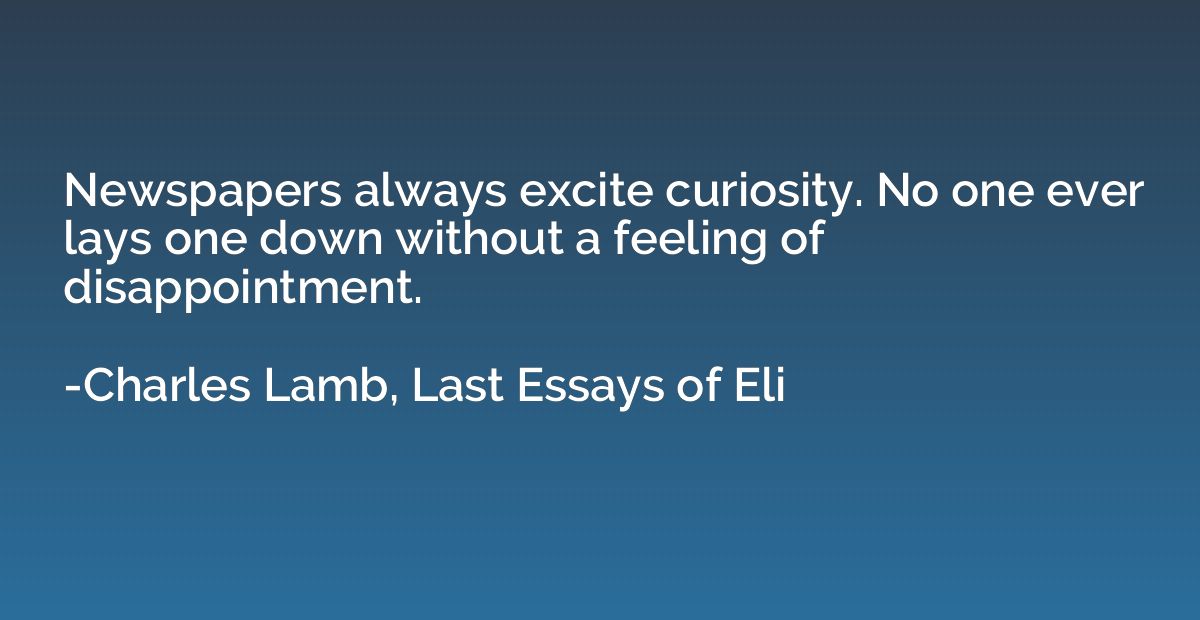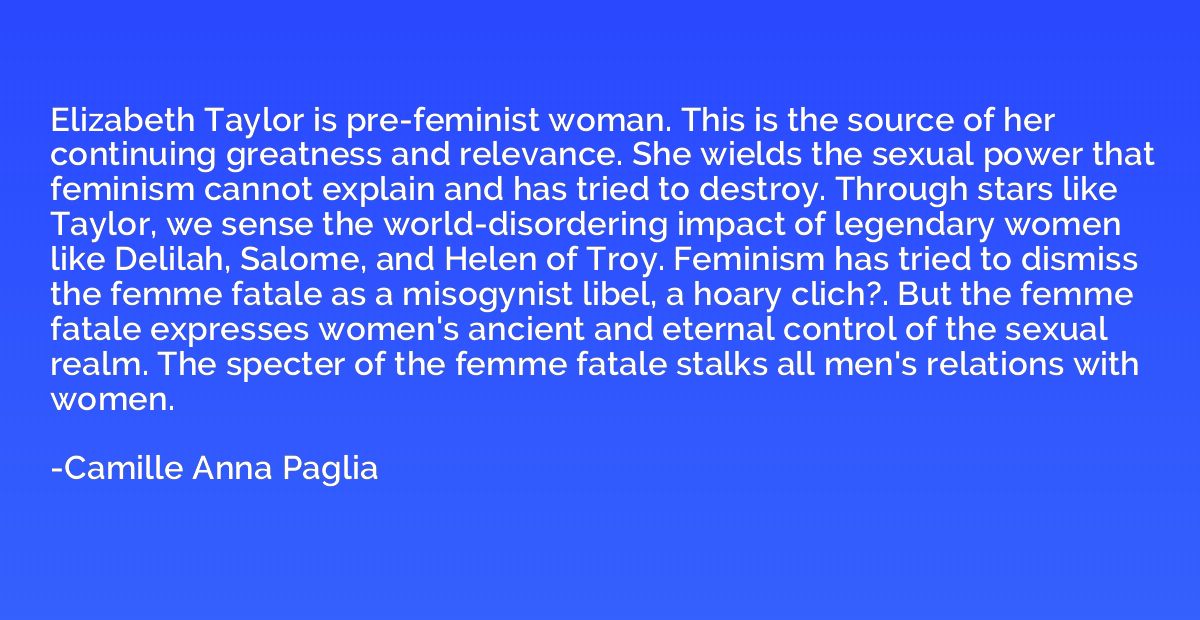Quote by Jarvis Cocker
There's the famous thing that the A&R man from the record company is supposed to do: He's supposed to come into the studio and listen to the songs you've been recording and then say, 'Guys, I don't hear any singles.' And then everybody falls into a terrible depression because you have to write one.

Summary
This quote highlights the pressure faced by musicians to produce commercially successful songs. It refers to the common expectation that an A&R (Artists and Repertoire) representative will evaluate their recordings and determine if there are any potential hit singles. The statement reveals that the absence of perceived singles can lead to disappointment and the need for the artists to compose a song that is deemed commercially viable. The quote sheds light on the commercialization of music and the impact it has on artists' creative processes and mental well-being.














